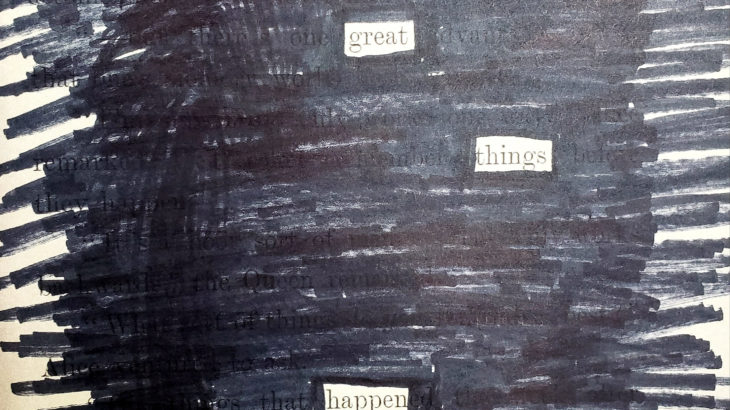As the school year comes to a close and we head into summer, it’s normal to feel a bit overwhelmed. We often hear about stress relieving activities such as yoga and massage, but one of the most cost effective and simple techniques to process emotions and relieve tension is… writing! Here are a few ways to use writing and creativity to support well being:
1. Journaling
Keeping a journal is an easy, safe way to have a healthy coping skill at hand. Whether you are writing about a difficult personal experience or a beautiful moment with family and friends, getting thoughts and feelings from your head and onto paper is a wonderful way to cleanse the mind. Oftentimes our thoughts race and get jumbled, which contributes largely to anxiety and depression. Journaling allows you to organize and be in control of your emotions, as well as reflect back on moments that have passed. Choose a time that works for you and commit to writing in your journal for at least 5 minutes each day.
2. Imaginative writing
Writing stories is a great way to exercise your creativity muscle. There are also powerful cognitive benefits to storytelling, including enhancing cognitive thinking and problem solving skills. Therapeutically, creating characters that tell your own story can help to process trauma and grief. The same way reading can provide a
pleasant escape and distraction, writing your own stories can do the same.
3. Blackout poetry
Blackout poetry is unique approach to using words. It involves taking a piece of writing, out of a book or newspaper, and blacking out words and phrases with a sharpie. The idea is that the words that are left create a completely new meaning or message through a poem. This allows the mind to almost work backwards, creating something new from words that already exist. Additionally, it is calming to “color” out the words with the sharpie and watch the page transform. This activity has received great response from teen clients.
As children, we are encouraged to write and be creative in school. It’s important that we don’t lose this skill as we get older. Writing is not only fun, but has amazing mental health benefits, including gaining more self-awareness and emotional control.
Here’s to your Well Being,
Kendall Klas, LCSW


